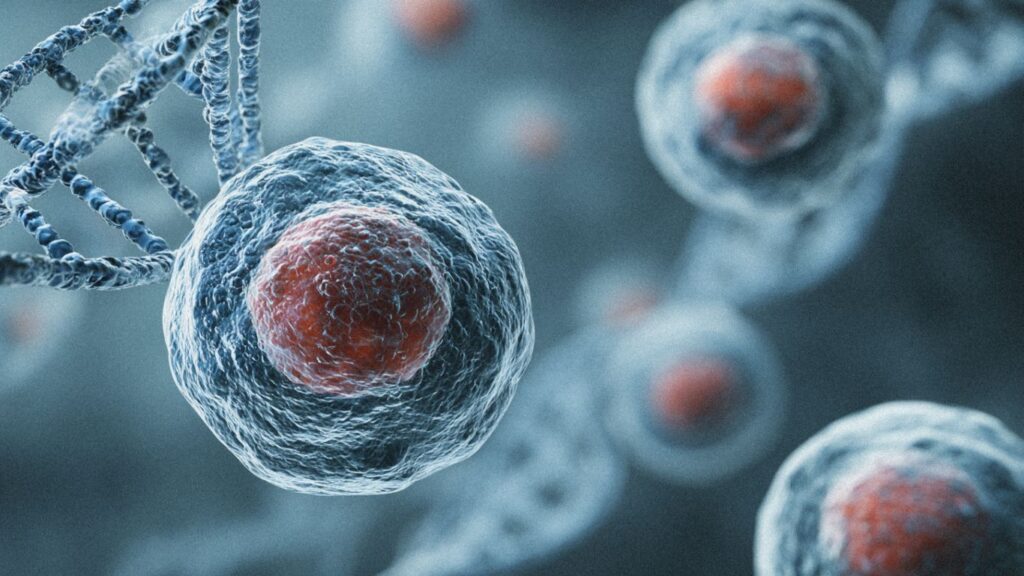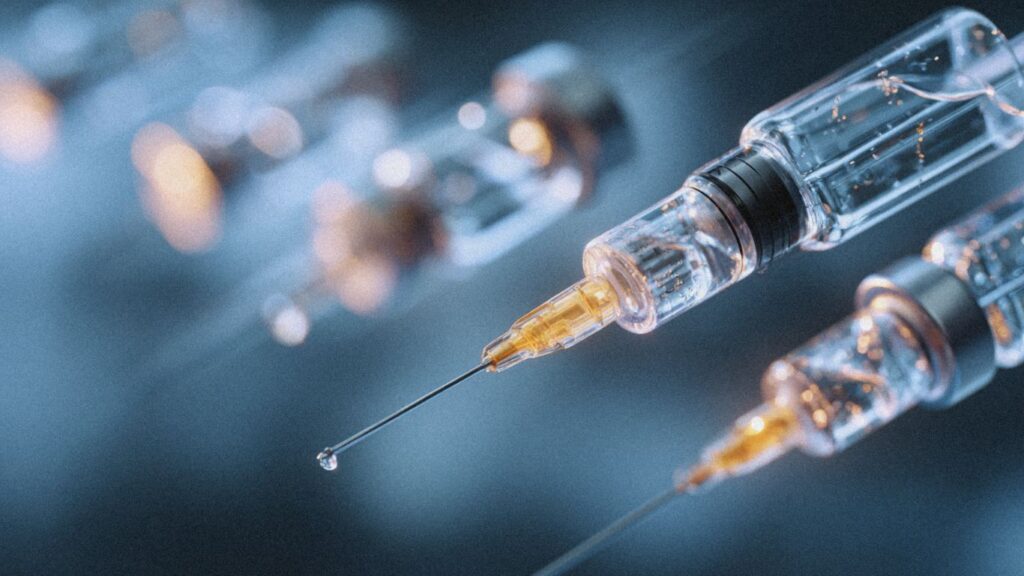Pfizer and BioNTech have reached a substantial $740 million settlement agreement with CureVac to resolve a complex patent dispute involving foundational mRNA technology that underpins their blockbuster COVID-19 vaccine. This landmark settlement resolves one of the biotechnology industry’s most closely watched intellectual property battles and provides important clarity for the rapidly expanding mRNA therapeutics market.
High-Stakes Patent Litigation Background
The dispute centered on fundamental mRNA technology patents held by CureVac, a German biotechnology company that has been a pioneer in mRNA research for over two decades. CureVac alleged that Pfizer and BioNTech’s Comirnaty COVID-19 vaccine infringed on key patents related to mRNA sequence optimization and delivery mechanisms essential for effective mRNA therapeutics.
The litigation highlighted the complex intellectual property landscape surrounding mRNA technology, where multiple companies hold overlapping patents covering different aspects of mRNA drug development, formulation, and delivery. The settlement resolves these overlapping claims and establishes clear licensing arrangements for future mRNA development.
Financial Terms and Strategic Implications
The $740 million settlement represents one of the largest patent dispute resolutions in biotechnology history, reflecting both the enormous commercial success of mRNA COVID-19 vaccines and the fundamental importance of the disputed intellectual property. The settlement amount validates CureVac’s pioneering contributions to mRNA technology development.
For Pfizer and BioNTech, the settlement eliminates significant litigation uncertainty that could have affected their mRNA development programs and COVID-19 vaccine commercialization. The resolution allows both companies to focus resources on advancing their extensive mRNA therapeutic pipelines rather than costly legal battles.

Impact on mRNA Market Development
The settlement provides crucial intellectual property clarity for the broader mRNA therapeutics market, which has attracted billions of dollars in investment following the success of COVID-19 vaccines. Clear patent positions and licensing arrangements facilitate innovation and investment by reducing legal uncertainty for companies developing mRNA-based treatments.
The agreement may establish precedents for resolving other mRNA patent disputes and could influence licensing terms for fundamental mRNA technologies. This clarity is essential for the continued growth of the mRNA therapeutics sector, which encompasses applications far beyond vaccines.
CureVac’s Strategic Position
The substantial settlement strengthens CureVac’s financial position and validates the company’s intellectual property portfolio at a time when its own mRNA COVID-19 vaccine development faced significant challenges. The funding provides resources for CureVac to advance its pipeline of mRNA therapeutics beyond COVID-19 applications.
The settlement also establishes CureVac as a significant patent holder in the mRNA space, potentially creating ongoing licensing revenue opportunities as the mRNA therapeutics market continues expanding into cancer treatments, rare diseases, and other therapeutic areas.
Pfizer and BioNTech Partnership Dynamics
The joint settlement reflects the continued strength of the Pfizer-BioNTech partnership, which has generated tens of billions of dollars in COVID-19 vaccine revenue. Both companies share the settlement costs, demonstrating their ongoing commitment to collaborative mRNA development and commercialization.
The resolution eliminates a potential source of friction in the partnership while clearing the path for expanded collaboration on next-generation mRNA therapeutics. Both companies have extensive mRNA pipelines targeting cancer, infectious diseases, and rare genetic disorders.
Broader Intellectual Property Landscape
The settlement highlights the importance of robust intellectual property strategies in the rapidly evolving mRNA therapeutics space. Companies developing mRNA treatments must navigate complex patent landscapes while building their own intellectual property portfolios to protect competitive positions.
The resolution may encourage other patent holders to pursue licensing negotiations rather than costly litigation, potentially leading to more collaborative approaches to intellectual property management in the mRNA sector.
Regulatory and Commercial Implications
Patent clarity facilitates regulatory approval processes by reducing uncertainty about intellectual property freedom to operate. The settlement allows Pfizer and BioNTech to pursue expanded mRNA applications without potential patent-related regulatory complications.
The agreement also provides commercial certainty for ongoing COVID-19 vaccine sales and future mRNA product launches, enabling more confident investment in manufacturing capacity and market development activities.
Innovation and Competition Effects
Rather than stifling innovation, the settlement may actually promote mRNA therapeutics development by establishing clear licensing frameworks and reducing patent litigation risks. Companies can focus resources on research and development rather than intellectual property disputes.
The resolution also preserves competition in the mRNA space by ensuring that fundamental patents are available for licensing rather than being used to exclude competitors entirely from key technologies.
Future Licensing Opportunities
The settlement establishes CureVac as a significant licensor of mRNA technology, potentially creating ongoing revenue streams as the mRNA therapeutics market expands. Other companies developing mRNA treatments may seek licenses to CureVac’s patent portfolio.
This licensing model could accelerate mRNA therapeutics development by providing access to foundational technologies while ensuring appropriate compensation for pioneering research and development investments.
Market Consolidation Implications
The large settlement amount reflects the enormous value created by mRNA technology and may influence future merger and acquisition activity in the space. Companies with strong mRNA patent portfolios may become attractive acquisition targets for pharmaceutical giants seeking to expand their capabilities.
The settlement also demonstrates the financial resources available to leading mRNA companies, potentially enabling them to acquire smaller biotechnology firms with complementary technologies or pipeline assets.
Long-term Industry Evolution
The resolution of this major patent dispute marks an important milestone in the maturation of the mRNA therapeutics industry. As the sector evolves from early-stage innovation to commercial-scale production, clear intellectual property arrangements become increasingly important for sustainable growth.
The settlement may serve as a model for resolving future mRNA patent disputes and could influence how companies structure intellectual property agreements in rapidly evolving biotechnology sectors.
Global mRNA Development Impact
The settlement has international implications, as mRNA technology development is global in scope with companies and research institutions worldwide contributing to advances. Clear patent positions facilitate international collaboration and licensing arrangements essential for global therapeutic development.
The resolution also provides certainty for international regulatory submissions and commercialization plans, enabling companies to pursue global market opportunities without patent-related complications.
The $740 million settlement represents more than just the resolution of a patent dispute—it marks an important step in the evolution of the mRNA therapeutics industry toward a more mature, collaborative, and commercially viable sector that can fulfill its enormous therapeutic potential across diverse disease areas.



